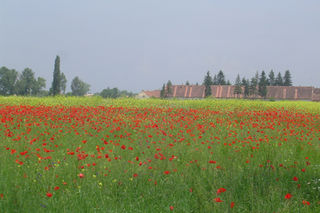

Is that a woman or a man?
“But the effect of her being on those around her was incalculably diffusive: for the growing good of the world is partly dependent on...
Shakespeare's Shakespeare?
I'm lucky to share my name with a lesser known author who contributed much to the standard English of today. When I mean standard, I'm...
The wisdom of Jane Austen
"I have not wanted syllables where actions have spoken so plainly" in Sense and Sensibility. Might seem a strange thing to write, given...
